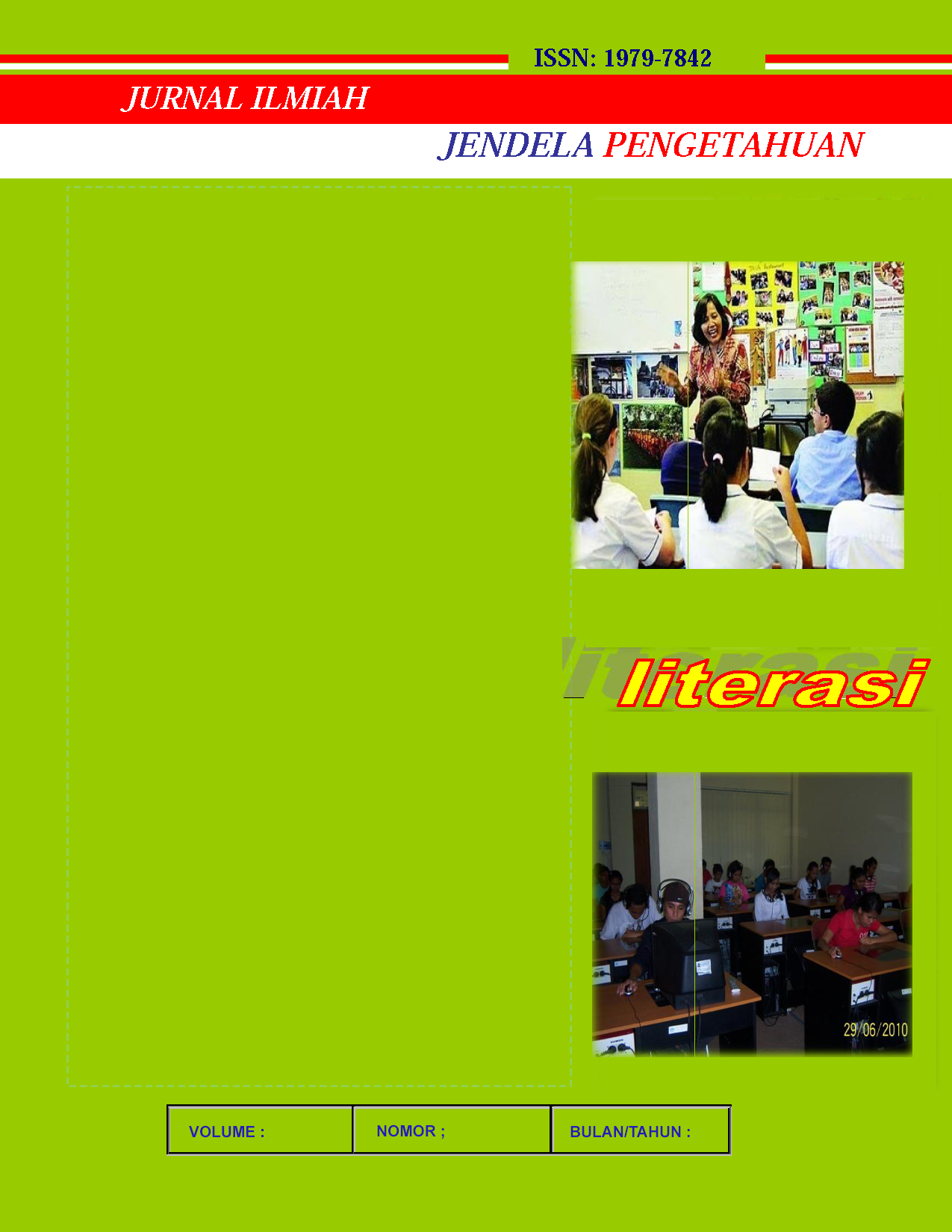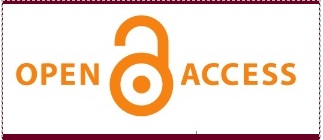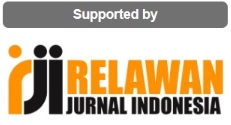Anticipating The Future: The Paradigm Of Foster Care In Society
Mengantisipasi Masa Depan: Paradigma Pengasuhan Anak dalam Masyarakat
Abstract
The dynamic and rapidly changing development of modern society has transformed the paradigm of foster care from traditional to more inclusive, flexible, and child-centered approaches. This paper discusses this shift, identifies influencing factors, and outlines its impacts and implications within society. The effects of urbanization, changing work patterns, and shifts in societal values on the role of foster caregivers are elaborated in detail. The traditional paradigm of foster care, involving nuclear families and gender roles, is also analyzed. Subsequently, the transition towards a future paradigm that is more inclusive, flexible, and child-centered is presented, emphasizing the roles of technology, education, and collaboration between biological parents and extended families. Despite the challenges and obstacles in adopting this new paradigm, community collaboration in supporting education and understanding, along with real-world examples of successful community transitions, indicate positive potential in nurturing foster children. In conclusion, this new paradigm necessitates improved understanding, close collaboration, education, and skill development to create an environment that supports the academic, social, and emotional growth of foster children in an ever-evolving society
Downloads
References
Afriani, O., M. Salam, M. S., & Usmanto, H. (2021). Peran Panti Asuhan Dalam Menanamkan Pendidikan Karakter Anak Asuh. Jurnal Kewarganegaraan, 5(2), 539–551. https://doi.org/10.31316/jk.v5i2.1929
Hartanti, D. M. (2022). Peran Mahasiswa Ilmu Kesejahteraan Sosial dalam Pembentukan Karakteristik Kemandirian Anak Asuh Di Masa Pandemi Covid-19 Di Panti Asuhan Anak Gembira Medan Sumatera Utara. Jurnal Pengabdian Teknologi Tepat Guna, 3(1), 16–24. https://doi.org/10.47942/jpttg.v3i1.885
Khoirunnisa, S., Ishartono, I., & Resnawaty, R. (2015). Pemenuhan Kebutuhan Pendidikan Anak Asuh Di Panti Sosial Asuhan Anak. Prosiding Penelitian Dan Pengabdian Kepada Masyarakat, 2(1), 69–73. https://doi.org/10.24198/jppm.v2i1.13258
Kulsum, U., Andriyana, R., Prasetiya, B., Tinggi, S., Islam, A., & Probolinggo, M. (2023). Peran Pengurus Panti Asuhan dalam Pendidikan Anak Asuh di Yayasan dan Panti Asuhan Hidayatul Islam Desa Clarak Kecamatan Leces Kabupaten Probolinggo. AL-ATHFAL: Jurnal Pendidikan Anak, 4(1), 36–46. https://doi.org/https://doi.org/10.46773/alathfal.v4i1.597
Lestari, W. A. (2016). Peran Lembaga Kesejahteraan Anak Dalam Menanamkan Pendidikan Karakter Terhadap Anak Asuh Di Panti Asuhan. Jurnal Civic Hukum, 1(2), 84. https://doi.org/10.22219/jch.v1i2.10636
Nur, F., Rasyid, A., & Zuhriah, Z. (2022). Peran Komunikasi Interpersonal Pengasuh Dengan Anak Asuh Di Lembaga Kesejahteraan Sosial Anak (Lksa) Melati Aisyiyah Tembung. SIBATIK JOURNAL: Jurnal Ilmiah Bidang Sosial, Ekonomi, Budaya, Teknologi, Dan Pendidikan, 1(11), 2561–2570. https://doi.org/10.54443/sibatik.v1i11.400
Nur, R., Sungkowo, Y. , & Mulyono, E. (2015). Peran Pengelola Panti Asuhan dalam Upaya Meningkatkan Kedisiplinan Anak Asuh (Studi Empiris Panti Asuhan Yatim Muhammadiyah Danukusumo Kabupaten Purworejo). Journal of Non-Formal Education and Community Empowerment, 4(2), 93–98. https://doi.org/https://doi.org/10.15294/jnece.v4i2.8045
Pratama, S., & Sulaeman, A. (2016). Peran Panti Asuhan Mandhanisiwi Pku Muhammadiyah Purbalingga Dalam Pembentukan Akhlakul Karimah Anak Asuh. Islamadina: Jurnal Pemikiran …, 16(1), 14–25. https://doi.org/10.30595/islamadina.v0i0.1814
Qamarina, N. (2017). Peranan Panti Asuhan Dalam Melaksanakan Fungsi Pengganti Keluarga Anak Asuh Di Uptd Panti Sosial Asuhan Anak Harapan Kota Samarinda. EJournal Administrasi Negara, 5(3), 6488–6501. https://ejournal.ap.fisip-unmul.ac.id/site/?p=2516
Rambe, S. R., & Lubis, L. (2023). Peran Pembimbing dalam Meningkatkan Kecerdasan Spiritual Anak Asuh di Panti Asuhan. Munaddhomah: Jurnal Manajemen Pendidikan Islam, 4(2), 429–440. https://doi.org/10.31538/munaddhomah.v4i2.479
Sungkono, S. (2021). Peran Lembaga Kesejahteraan Sosial Anak (LKSA) Mukti Wibawa Ponorogo dalam Membentuk Life Skill Anak Asuh Melalui Pelatihan Kewirausahaan. Journal of Community Development and Disaster Management, 3(2), 31–42. https://doi.org/10.37680/jcd.v3i2.1050
















